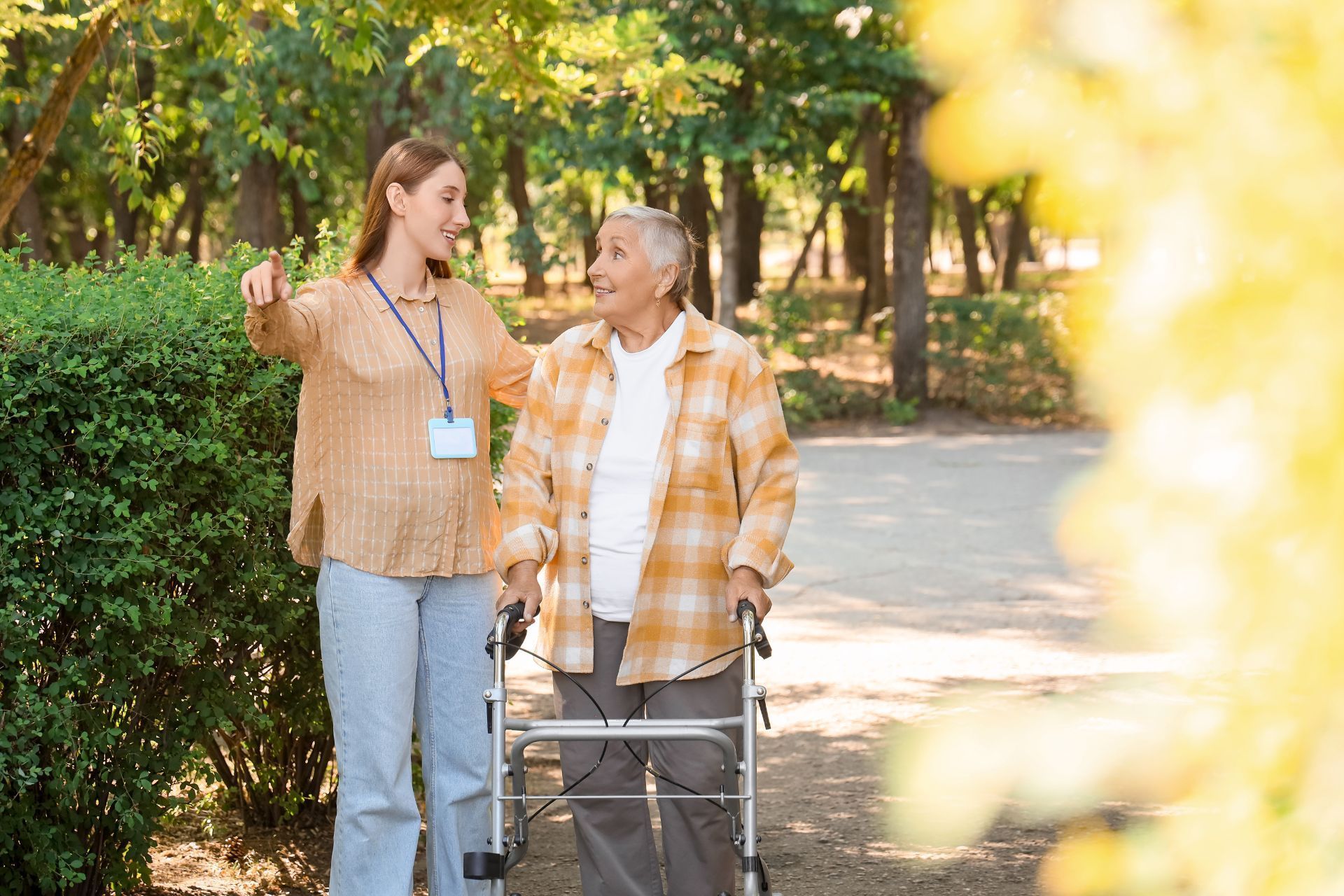Overcoming barriers to flu vaccination: an urgent need for education and improved access
Home / News & Opportunities / Latest news / Current post
New research from The Royal Children’s Hospital (RCH) National Child Health Poll reveals an alarming 36% of parents aren’t aware the flu can make children seriously ill, even for healthy kids.
The Poll surveyed parents of 3,200 children. Experts say parents may be unknowingly putting their children at risk because of misinformation.
Key findings:
- Only 61% of children are likely to be vaccinated against the flu this season, according to parents.
- 36% of parents don’t know healthy children can get seriously unwell with the flu.
- Among parents not intending to vaccinate their child against the flu, almost three in four (71%) are not aware the flu vaccine is recommended every year.
- Most parents who plan to have their child vaccinated against flu would prefer the vaccine was available at school (84%).
- One in four children aged four years or more (27%) has an intense fear of needles and 13% have a phobia severe enough to stop them getting the flu vaccine.
Dr Anthea Rhodes, Director of the National Child Health Poll says the research shows significant knowledge gaps still exist among parents when it comes to the flu.
“Unfortunately, it means parents are unintentionally putting their kids at risk, because they don’t have the right health information.”
“Even if your child has had the flu vaccine previously, the flu virus is always changing, so it’s important to get a vaccination every year to ensure children are protected against the current strain.”
Anyone can catch the flu. The flu is mostly spread by droplets made when people infected with influenza cough or sneeze. It can also be spread by touching a surface or object that virus droplets have landed on from an infected person. People with the flu can unknowingly spread it to others before they are sick as well as while they are sick. This is why vaccination is so important to stay protected. Common symptoms include fever, body aches, a runny nose and sore throat, but it can also affect other parts of the body.
Yearly vaccinations are recommended for everyone aged six months or more and are the best way to prevent severe infections, hospitalisations and death.
Some of the other barriers reported by parents were cost, convenience and a child’s fear of needles.
In Victoria, flu vaccinations are free for children aged 0 to 5 years while family members aged over 5 years can generally receive the vaccine for low cost. Although Western Australia and Queensland are offering free flu vaccinations for all age groups, this initiative has not been adopted nationwide.
Dr Rhodes says planning ahead is always a good idea.
“You don’t have to get vaccinated at a GP; you can contact a council run immunisation service to check your eligibility or visit a local pharmacy. In many cases these options are more convenient for families and low cost.
“If you have concerns about your child getting vaccinated due to their fear of needles, it’s best to speak to your health care provider before attending for the vaccination, to plan an approach in advance.
“That way, they can help to make the experience as quick and comfortable as possible,” Dr Rhodes explains.
“The important thing is not to put it off,” she adds vaccination is one of the best things you can do to protect your child and your whole family this winter.”
See a full list of Victorian vaccination locations here.
Additional resources
Further information for parents, teens and young people can be found at: Kids Health Info: Flu (influenza) vaccine
Latest news




